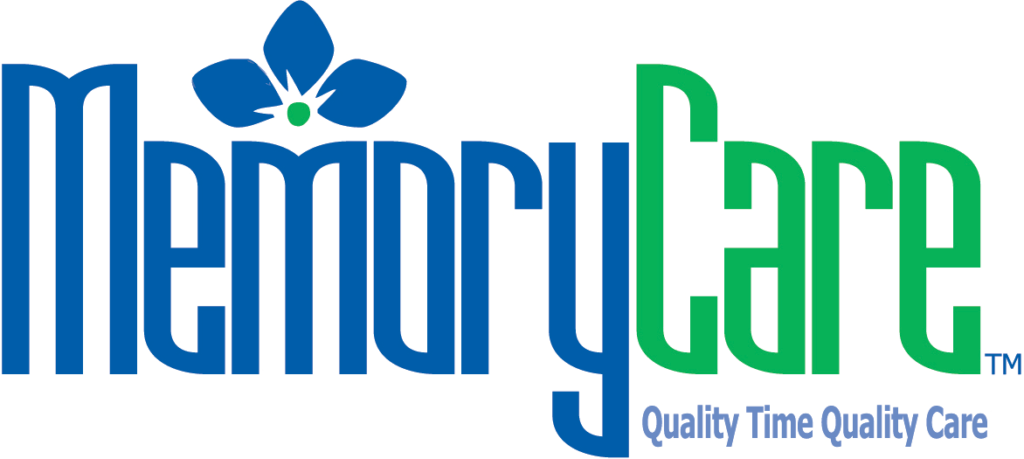Thanks to the generosity of The Duke Endowment, The Cannon Foundation, the Leverage Fund of the Dogwood Health Trust and generous individuals, MemoryCare delivered comprehensive education designed to improve caregiver understanding of the different aspects of dementia care throughout the COVID-19 pandemic. A study of the effectiveness of MemoryCare’s Caregiver Education Program, Caregiver College, received the Presidential Best Abstract Award for Geriatric Education during the 2021 American Geriatrics Society Scientific Meeting and was published April 25, 2022 in the peer-reviewed Journal of Alzheimer’s Disease, with MemoryCare’s founder, Dr. Margaret Noel, as lead author and program assistant, Elizabeth Lackey, as a co-author. Participants were predominantly from western North Carolina, including multiple rural counties. The transition to a virtual format allowed for wider and more cost-effective dissemination, permitting access to rural caregivers to enhance their ability to provide quality care and support to a family member living with dementia. The study demonstrated positive improvements in confidence and self-efficacy, and participants reported that their satisfaction level was equivalent to in-person education. They also expressed appreciation in not having to travel or find a companion for their loved one so they could attend education.
Created in 2008, Caregiver College draws from years of MemoryCare physicians’ and care managers’ experience to match the most frequently expressed needs for information from caregivers. This series of six interactive sessions is designed to help caregivers understand more about the causes of dementia, available treatments, community resources, and coping strategies. In response to the COVID-19 pandemic, it was transformed and delivered in a virtual, interactive format by skilled dementia professionals, permitting material to be tailored to the specific needs of participants. The interactive presentation mode of this curriculum provides participants with dementia education, the opportunity to learn with and from other participants through sharing questions and stories regarding caregiver roles, and direction to needed resources.
Based on this work, MemoryCare will continue to provide the evidence-based curriculum to the public on a quarterly basis. For more information, visit www.memorycare.org. MemoryCare is a non-profit charitable organization dedicated to caring for older adults with memory disorders as well as providing education and support for their caregivers and the community.
The citation can be accessed at https://pubmed.ncbi.nlm.nih.gov/35213371/ and full article at: https://content.iospress.com/articles/journal-of-alzheimers-disease/jad215359.
